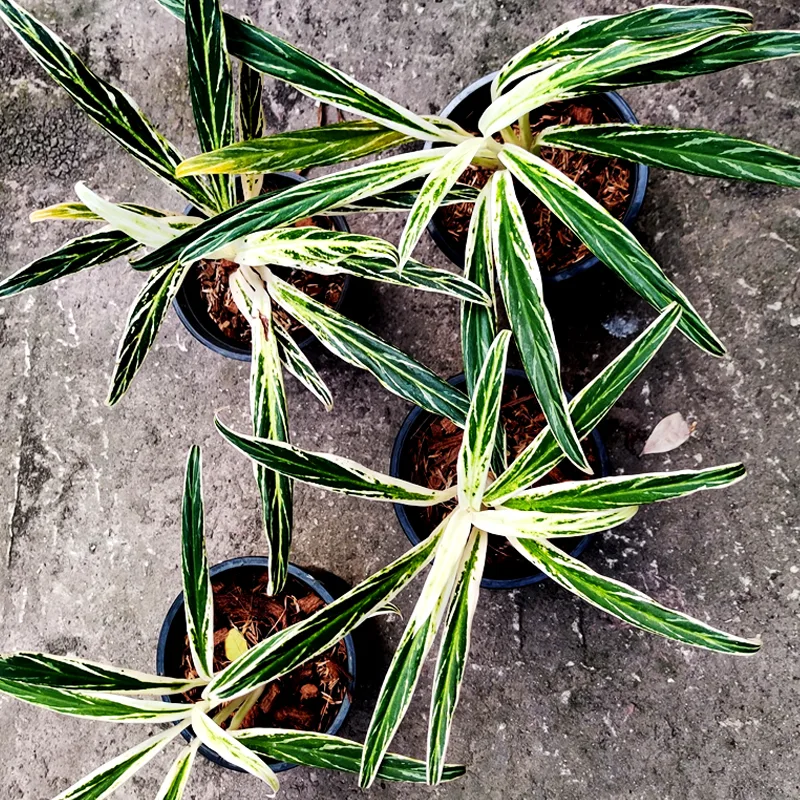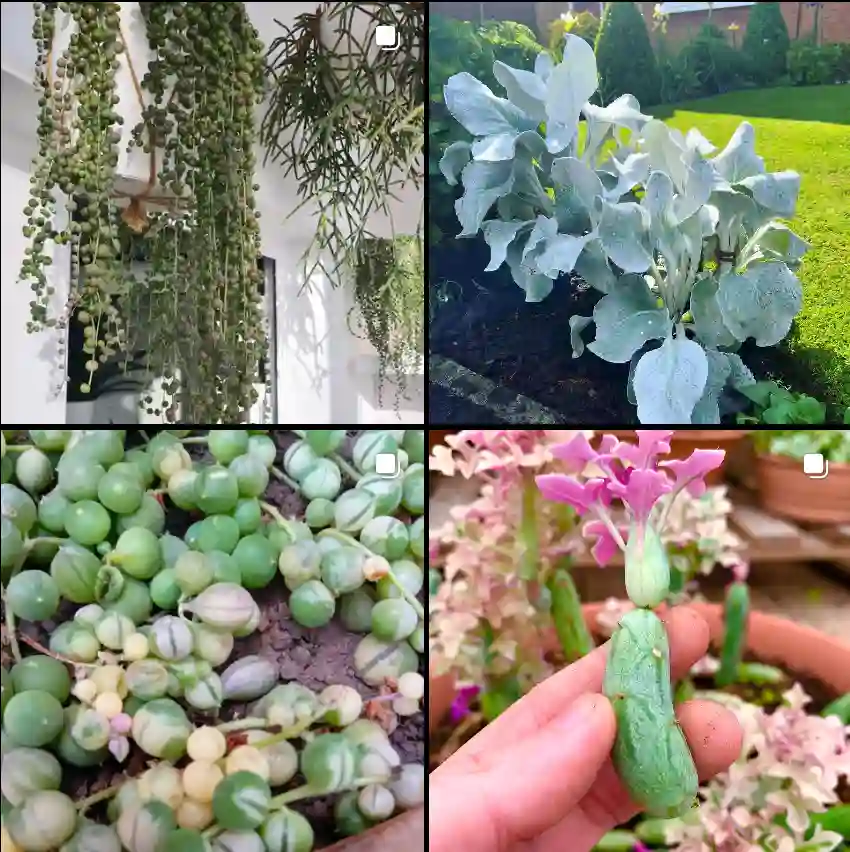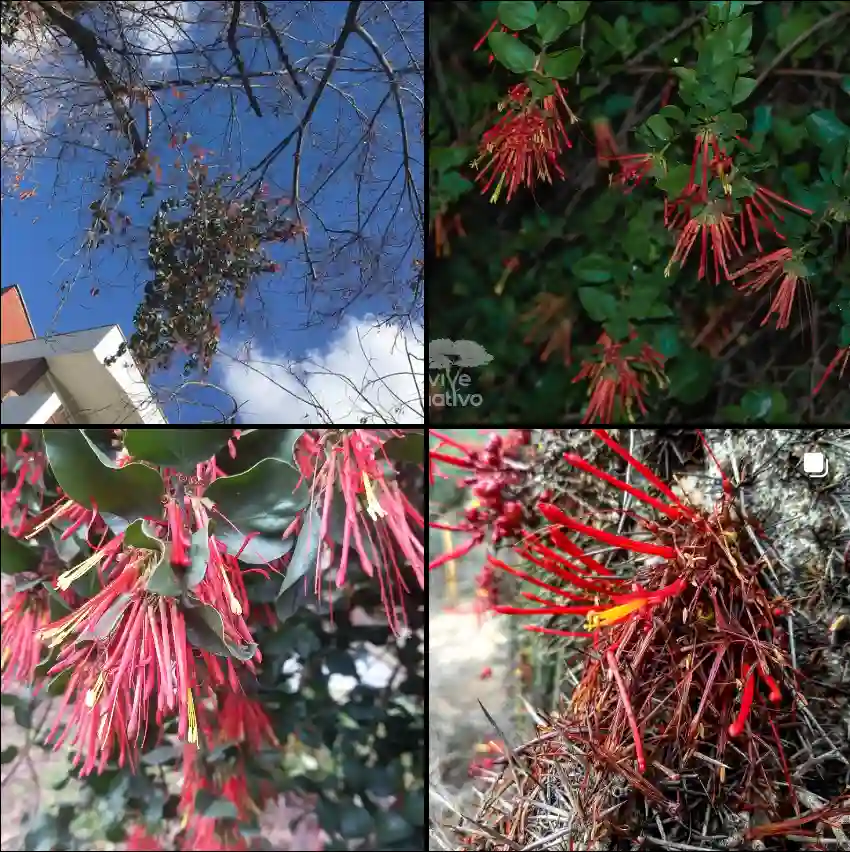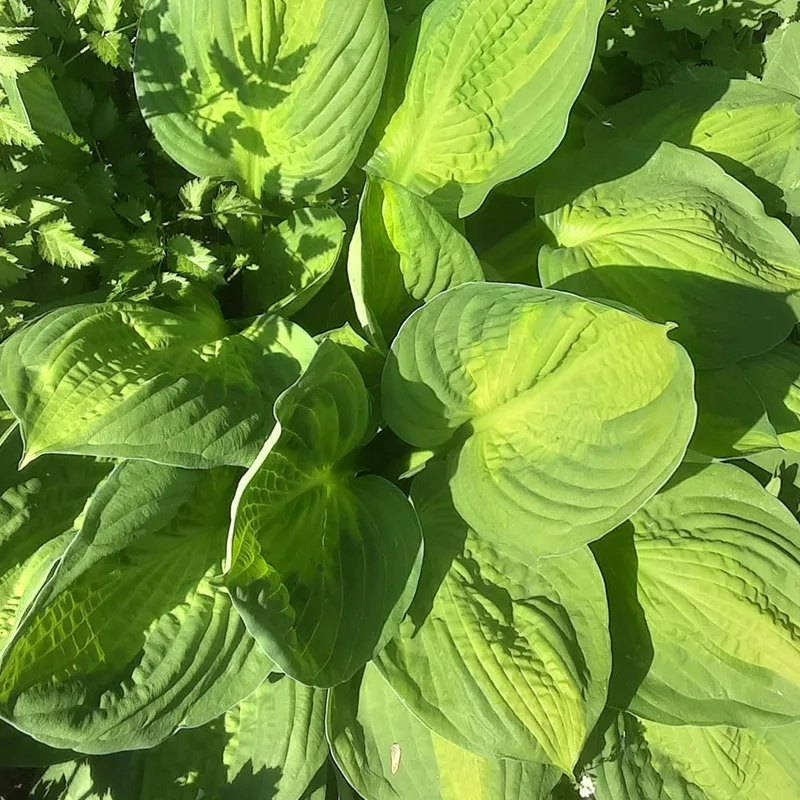Cypripedium: A Deep Dive into the Lady’s Slipper Orchids
As an orchid enthusiast, I’ve always been fascinated by the intricate beauty and unique adaptations of the Cypripedium genus, more commonly known as the Lady’s Slipper orchids. These terrestrial orchids, with their characteristic pouch-like labellum (or lip), are a testament to the diversity and wonder of the orchid family, Orchidaceae.
The Allure of the Pouch
The defining feature of Cypripedium orchids is undoubtedly their pouch, which resembles a slipper or moccasin – hence the common names. This specialized structure plays a crucial role in the plant’s pollination strategy. Insects, attracted by the flower’s color and fragrance, enter the pouch but find it difficult to escape through the narrow opening. This forces them to navigate a specific path within the flower, ensuring contact with the pollen and facilitating pollination.
A Diverse Genus
The Cypripedium genus boasts a remarkable diversity, with over 60 recognized species distributed across the Northern Hemisphere. These species exhibit a wide range of colors, shapes, and sizes, each adapted to its specific environment.
- Cypripedium calceolus: The iconic Yellow Lady’s Slipper, widespread across Eurasia and North America.
- Cypripedium reginae: The Showy Lady’s Slipper, known for its large, white and pink flowers, native to North America. – Plant FAQs: Cypripedium Reginae – Showy Lady’s Slipper
- Cypripedium guttatum: The Spotted Lady’s Slipper, with its distinctive spotted petals, found in North America and Asia.
- Cypripedium parviflorum: The Small Yellow Lady’s Slipper, a smaller version of C. calceolus, found in North America.
- Cypripedium macranthos: The Large-flowered Lady’s Slipper, native to Asia, with large, showy flowers in various colors.
- Cypripedium acaule Aiton – Plant FAQs: Cypripedium Acaule – Pink Lady’s Slipper Orchid
- Cypripedium × alaskanum P.M.Br.
- Cypripedium × andrewsii A.M.Fuller
- Cypripedium arietinum R.Br.
- Cypripedium bardolphianum W.W.Sm. & Farrer
- Cypripedium calcicola Schltr.
- Cypripedium californicum A.Gray
- Cypripedium candidum Muhl. ex Willd.
- Cypripedium × catherinae Aver.
- Cypripedium × columbianum Sheviak
- Cypripedium conzattianum R.González & Lizb.Hern.
- Cypripedium cordigerum D.Don
- Cypripedium debile Rchb.f.
- Cypripedium dickinsonianum Hágsater
- Cypripedium elegans Rchb.f.
- Cypripedium fargesii Franch.
- Cypripedium farreri W.W.Sm.
- Cypripedium fasciculatum Kellogg
- Cypripedium fasciolatum Franch.
- Cypripedium flavum P.F.Hunt & Summerh.
- Cypripedium formosanum Hayata
- Cypripedium forrestii P.J.Cribb
- Cypripedium franchetii Rolfe
- Cypripedium × fred-mulleri Szlach., Kolan. & Górniak
- Cypripedium gomezianum R.González & Lizb.Hern.
- Cypripedium henryi Rolfe
- Cypripedium × herae Ewacha & Sheviak
- Cypripedium himalaicum Rolfe
- Cypripedium irapeanum Lex.
- Cypripedium japonicum Thunb.
- Cypripedium kentuckiense C.F.Reed
- Cypripedium lentiginosum P.J.Cribb & S.C.Chen
- Cypripedium lichiangense S.C.Chen & P.J.Cribb
- Cypripedium ludlowii P.J.Cribb
- Cypripedium luzmarianum R.González & R.Ramírez
- Cypripedium margaritaceum Franch.
- Cypripedium micranthum Franch.
- Cypripedium molle Lindl.
- Cypripedium montanum Douglas ex Lindl.
- Cypripedium palangshanense Tang & F.T.Wang
- Cypripedium passerinum Richardson
- Cypripedium plectrochilum Franch.
- Cypripedium segawae Masam.
- Cypripedium shanxiense S.C.Chen
- Cypripedium sichuanense Perner
- Cypripedium subtropicum S.C.Chen & K.Y.Lang
- Cypripedium susanae R.González & Lizb.Hern.
- Cypripedium taibaiense G.H.Zhu & S.C.Chen
- Cypripedium taiwanalpinum Y.I Lee, P.C.Liao & T.P.Lin
- Cypripedium tibeticum King ex Rolfe
- Cypripedium × ventricosum Sw.
- Cypripedium wardii Rolfe
- Cypripedium × wenqingiae Perner
- Cypripedium wumengense S.C.Chen
- Cypripedium yatabeanum Makino
- Cypripedium yinshanicum Ma & Y.Z.Zhao
- Cypripedium yunnanense Franch.
Conservation Challenges
Unfortunately, many Cypripedium species are facing threats due to habitat loss, over-collection, and climate change. Their specific habitat requirements and slow reproductive rates make them particularly vulnerable to environmental disturbances.
Conservation efforts are crucial to ensure the survival of these orchids. This includes habitat protection, propagation programs, and raising public awareness about the importance of conservation.
My Personal Connection
My fascination with Cypripedium orchids stems from their unique beauty and the intricate relationship they have with their environment. I’m particularly interested in understanding the pollination mechanisms and the ecological factors that influence their distribution.
I believe that appreciating and conserving these orchids is essential, not only for their intrinsic value but also for the role they play in maintaining healthy ecosystems.
A Call to Action
I urge everyone to learn more about Cypripedium orchids and support conservation efforts. These plants are a valuable part of our natural heritage and deserve our protection. By understanding their importance and taking action to conserve them, we can ensure that future generations can also marvel at the beauty of the Lady’s Slipper orchids.
If i die, water my plants!



